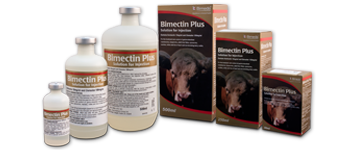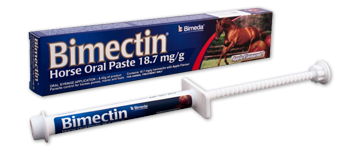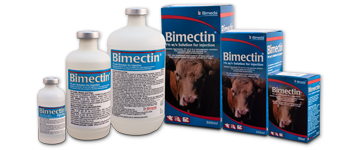







Rachel Mallet, Bimeda Professional Services Vet, UK explains the issue of anthelmintic resistance.
Anti-Parasitic Resistence (AR)
The Bimectin range of products contains Ivermectin, a macrocyclic lactone and one of the most important antiparasitic drugs available to farmers and horse owners.
While the Bimectin range is an excellent tool for helping with the effective control of a wide range of internal and external parasites, like all anti-parasitic drugs, parasites develop resistance to Ivermectin.
Therefore it important to understand resistance and to use Bimectin and other dewormers effectively. The following is based on advice from an FDA’ advisory panel of experts, and on the SCOPS Technical Manual for Vets. It is here to help the farmer, horse owner and vet appreciate some of the challenges facing the industry and also the steps we can take to help maximise the benefits and durability of Bimectin and other wormers available to us.
What is Resistance?
Resistance is the heritable ability of the parasite to tolerate a normally effective dose of the anthelmintic. The parasite is considered resistant if it survives exposure to the standard recommended dose of the anthelmintic and the ability to survive is passed on to its offspring.
Resistance can be viewed as drug tolerance, since ‘resistant’ individuals can often be removed by exposure to higher dose rates of anthelmintic up to the maximum tolerated dose. A fully effective anthelmintic is expected to kill almost 100% of parasites after administration. If the reduction is 95% or less, then we say that resistance has been detected.
Anti-parasitic resistance is much less common in cattle than in sheep, but it is, unfortunately, increasing. In horses, there’s considerable resistance to Benzimadazoles, and more recently, resistance to macrocyclic lactones has been seen.